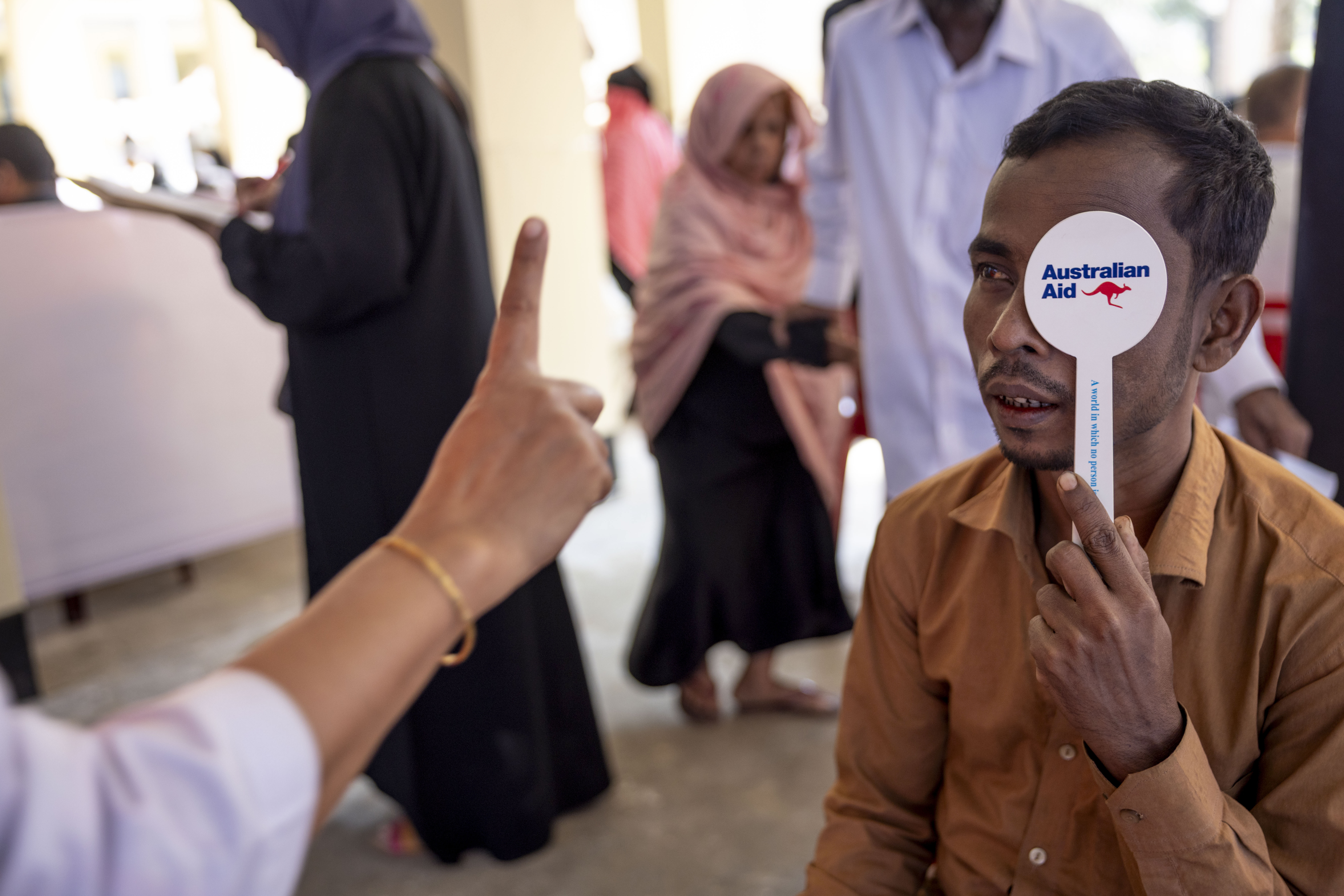Closing the Gender Gap in Eye Health in Bangladesh
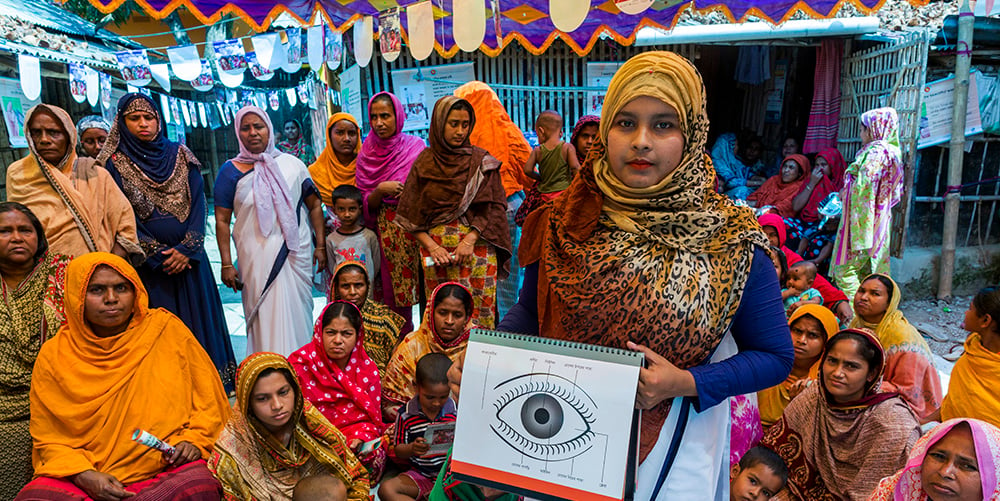
More women and girls are accessing eye health services thanks to a range of initiatives supported by The Fred Hollows Foundation and its partners in Bangladesh.
The Foundation has worked to ensure services are more responsive to the needs and rights of women and girls, with improved data indicating that the efforts are beginning to narrow the gender gap in eye health in Bangladesh.
Women and girls in Bangladesh are systematically discriminated against based on their gender. This has detrimental effects on their access to education, livelihoods, transport, income, and to health care, including eye health care – leading to a significant gender gap in avoidable blindness.
To narrow this gender gap, The Fred Hollows Foundation in Bangladesh has been supporting partners to implement outreach camps to ensure screening services are provided to women and girls closer to where they live, with referrals made to clinics and hospitals as needed.
However, just providing these outreach services was not enough, because the services did not specifically consider the needs of women. Orientations were not provided and there were no private spaces for women to breastfeed their babies. Women also had to queue alongside men. Women also often did not find out about the outreaches or receive community information about eye health. Women also faced a lot of obstacles in leaving their duties in the family to attend the outreaches.
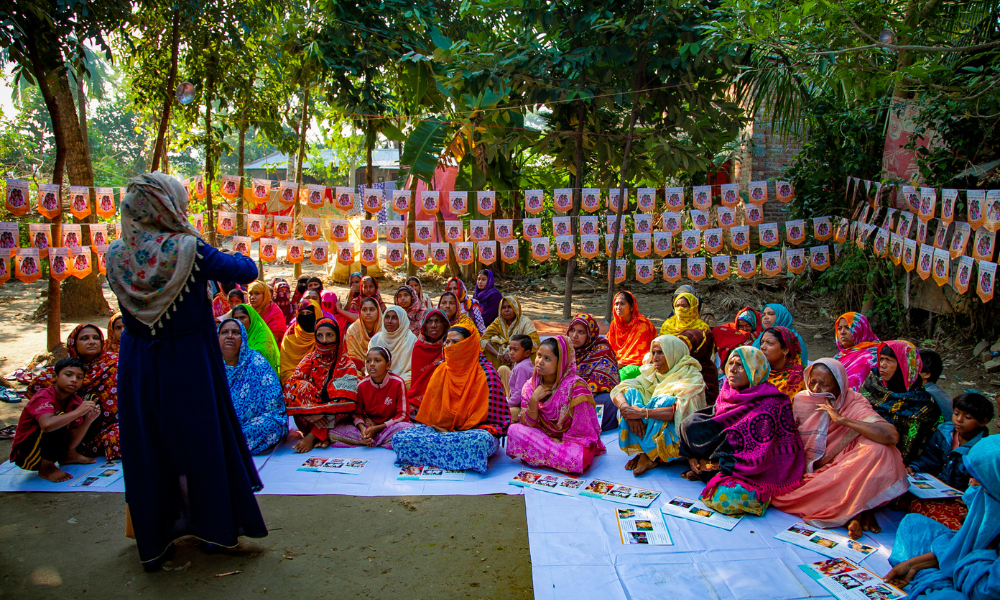
To address these identified gaps, The Foundation has been working to integrate gender equity and inclusion in all its eye health programming. This has involved providing cascaded training to eye health partners on gender equity to increase their knowledge and skills to deliver more gender equitable services. It has also involved conducting mass communication campaigns, using a range of methods such as folk songs, dramas, leaflets, posters and billboards to reach more women and girls with information about eye health and how to access services. Family counselling services have also been provided to support women in navigating services once they get to them. Separate queues, waiting spaces, toilets, ramps and breast-feeding corners were also set up to provide a more accessible environment for women, as well as the elderly and persons with disabilities.
The Foundation has also built new partnerships with organisations working with women and persons with disability, engaging them as trainers to build capacity of partners and listening to their ideas about how to improve the gender sensitivity and accessibility of services. The Foundation has also been working to ensure the collection and use of project level disaggregated data for both monitoring and ongoing planning purposes.
Related articles
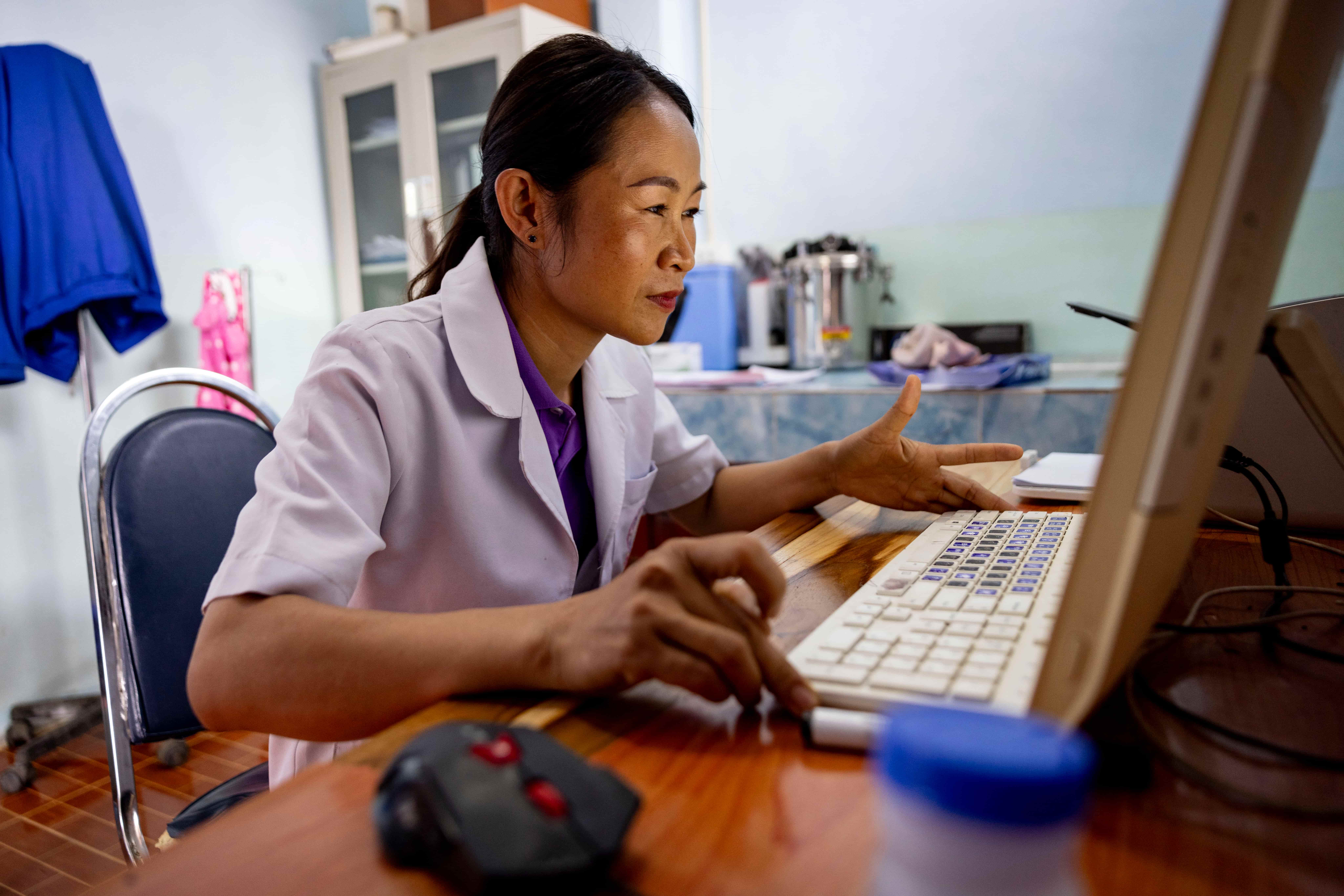
Eye health tips for computer users and remote workers
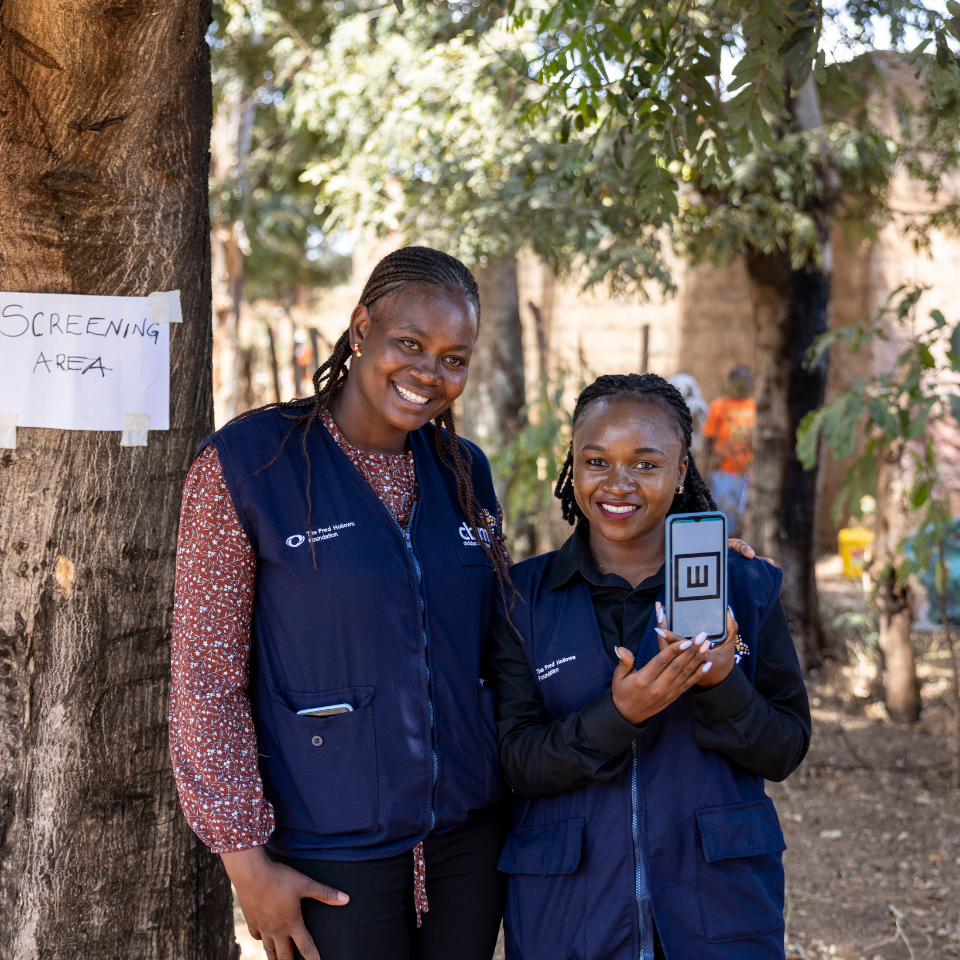
Recent trachoma milestones around the world
